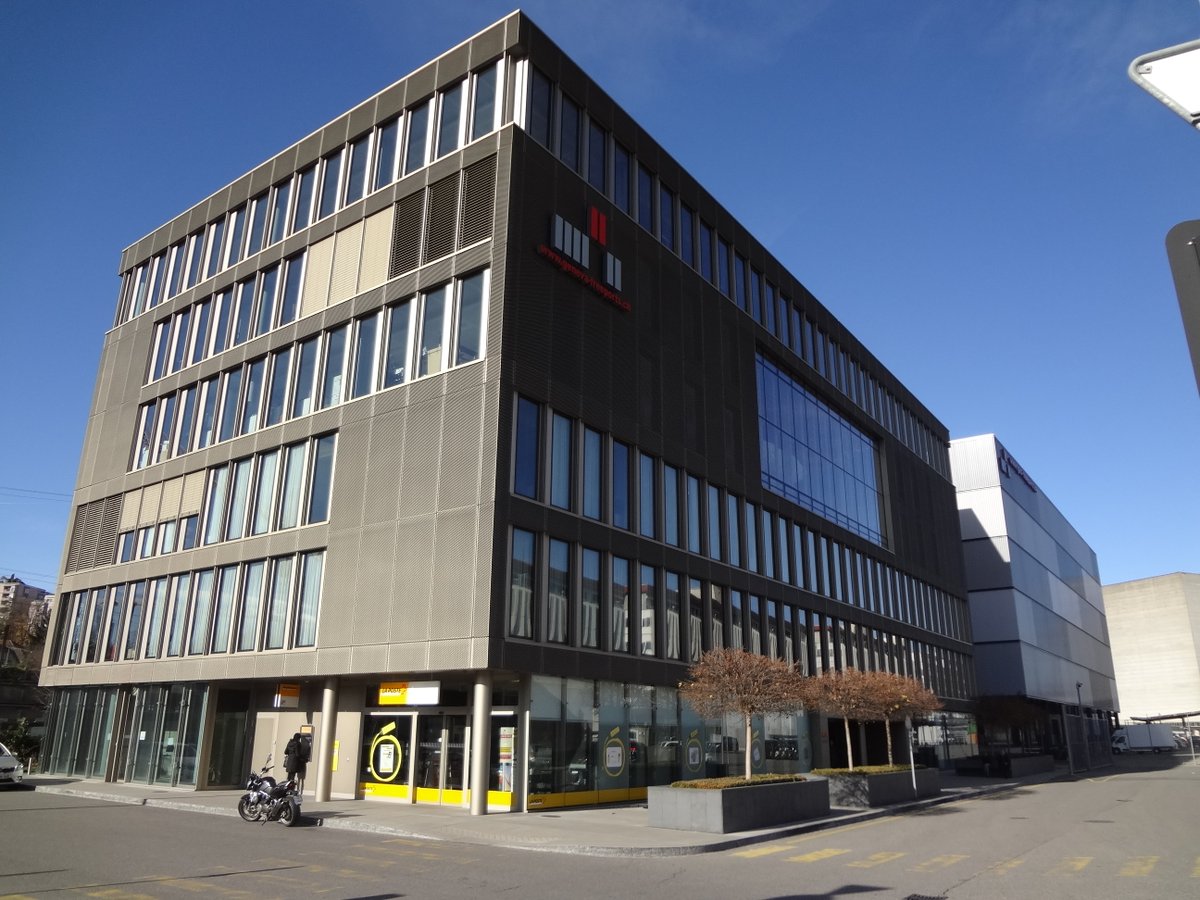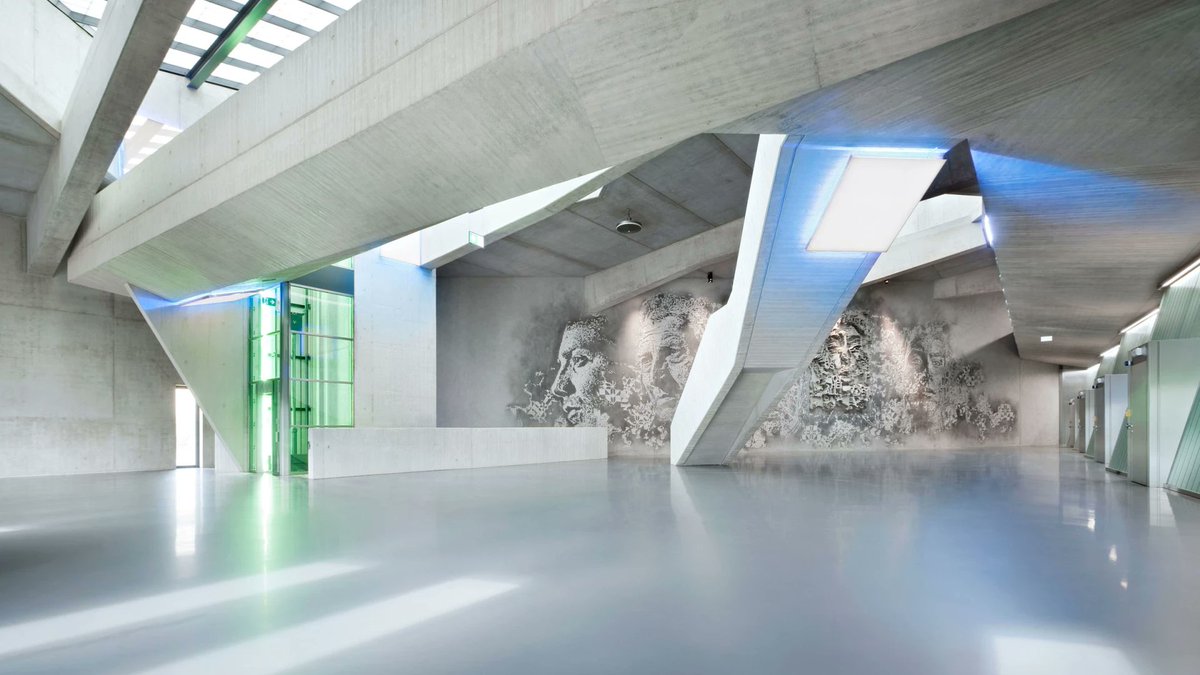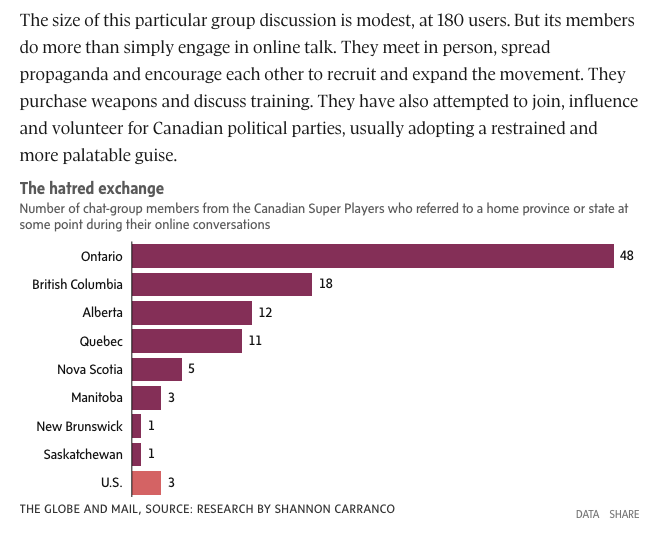
See this building? It's one of the buildings at the Geneva Freeport. It's how a lot of the super rich dodge taxes.
... it also happens to be home to the world's greatest art collection, that will never be seen.
<thread> 🧵👇
... it also happens to be home to the world's greatest art collection, that will never be seen.
<thread> 🧵👇

2/ Freeports are where raw materials are temporarily stored, until they have a market. This way companies without a final destination for their goods, like wood and ore, don't pay fees before finding a market.
It's pretty obvious why politicians pitch them.
It's pretty obvious why politicians pitch them.
3/ An art dealer named Yves Bouvier had this brilliant idea – what if the super rich just kept their artwork in these freeports. Then they could buy, sell, and trade without taxes.
Instead of public art deals, relatively anonymous people could buy and sell from each other.
Instead of public art deals, relatively anonymous people could buy and sell from each other.
4/ Instead of shipping it from one place to the next, paying duties and taxes on profits, art just moved from one locker to the next.
The Geneva Freeport is now estimated to hold over $100 billion in artwork, including 1,000 Picassos and other priceless pieces never to be seen.
The Geneva Freeport is now estimated to hold over $100 billion in artwork, including 1,000 Picassos and other priceless pieces never to be seen.
5/ It didn't just stop in Geneva though. Bouvier set out to become the Freeport King. He began opening high security, luxury freeports in Luxembourg and Singapore.
What looked like warehouse space, soon turned into private art galleries that look like this one in Luxumberg.
What looked like warehouse space, soon turned into private art galleries that look like this one in Luxumberg.

6/ Bouvier is currently subject to a number of investigations for tax evasion, but he unleashed a wacky idea on the world.
The rich can use art as a currency, without ever paying taxes. Now luxury freeports are being discussed everywhere, with New York getting one recently.
The rich can use art as a currency, without ever paying taxes. Now luxury freeports are being discussed everywhere, with New York getting one recently.
7/ Of course, most people think "port" and think of free trade of raw materials. That's why these things are popping up everywhere, without setting off any radars.
The UK plans on establishing a whack post-Brexit.
</thread>
The UK plans on establishing a whack post-Brexit.
</thread>
Oh, I should also mention – anonymous Swiss bank accounts? Those disappeared.
You want to know what replaced them? Registering companies in countries like Canada, that don't keep beneficial ownership information, and transferring the assets to those companies.
You want to know what replaced them? Registering companies in countries like Canada, that don't keep beneficial ownership information, and transferring the assets to those companies.
New York’s art Freeport is abruptly closing just over a year after it opened. Sad news, I know.
news.artnet.com/art-world/arci…
news.artnet.com/art-world/arci…
• • •
Missing some Tweet in this thread? You can try to
force a refresh




